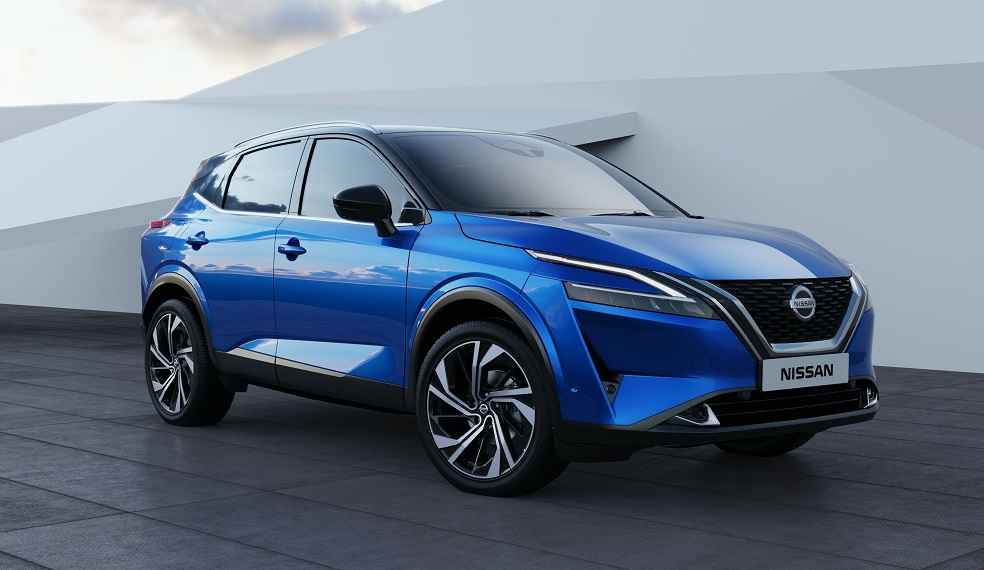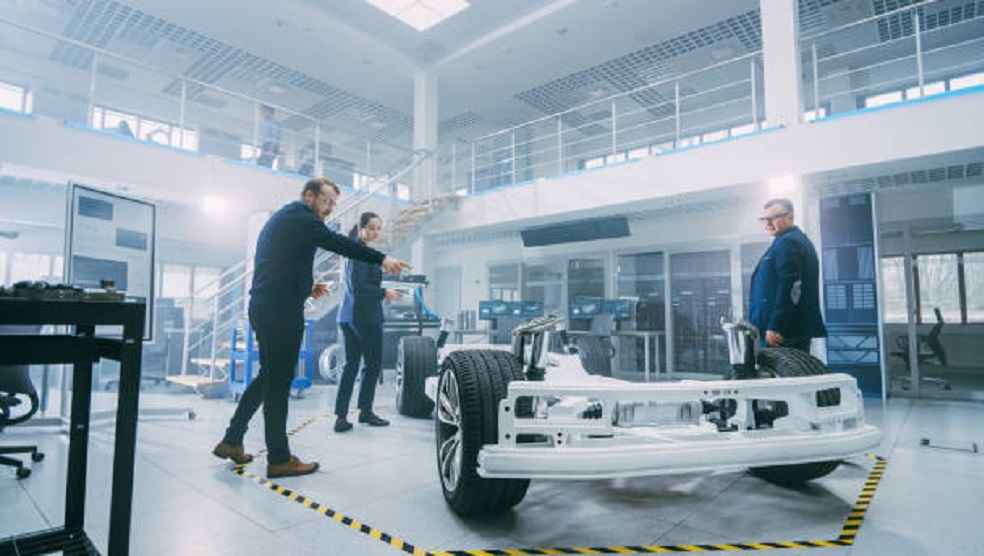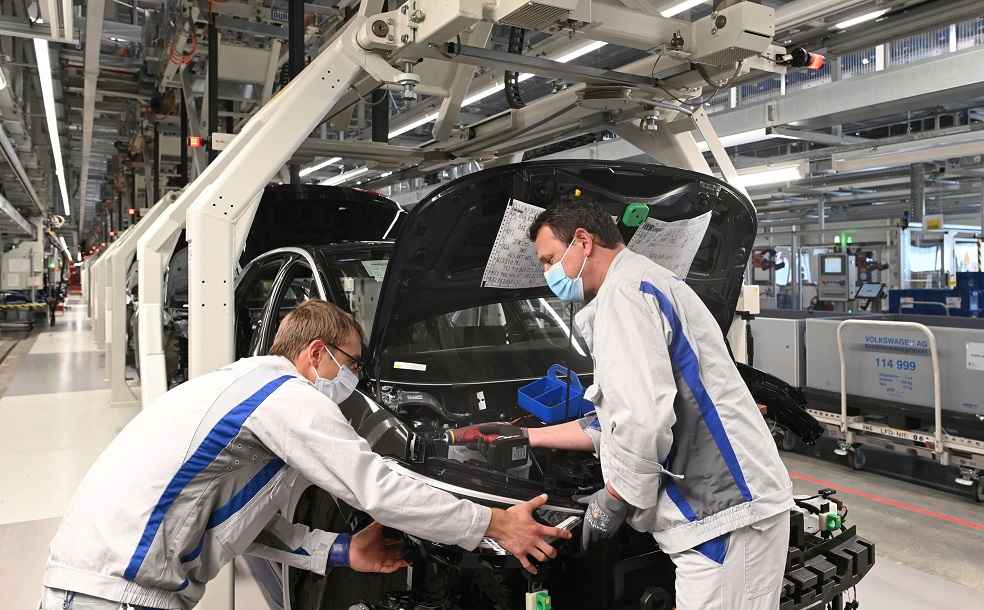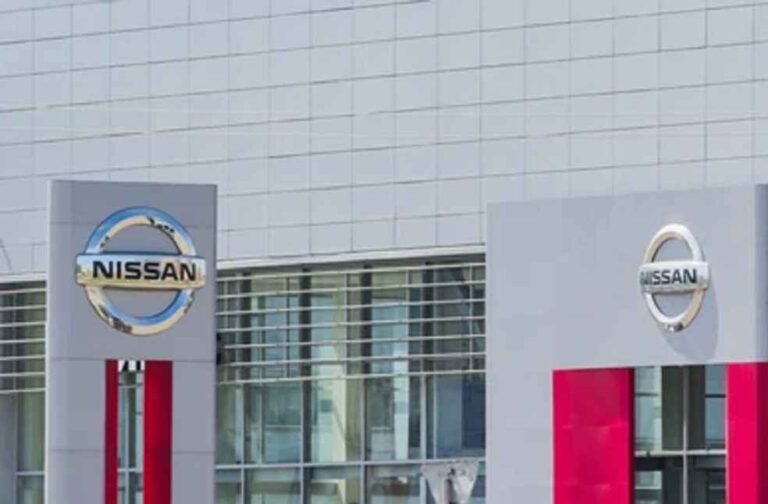Nissan is poised to transform the United Kingdom’s largest car manufacturing hub in Sunderland by initiating the production of two new electric models. This groundbreaking decision not only emphasizes a shift towards sustainable automotive technologies but also reinforces Nissan’s commitment to the UK’s automotive sector in a post-Brexit era.
Sources reveal Nissan’s plans to transition its popular Qashqai and Juke crossover cars to electric versions. This strategic move positions Nissan at the forefront of the electric vehicle (EV) market, aligning with global trends favoring environmentally friendly transportation.
Sky News reports an anticipated investment near £1bn for the Sunderland facility, partly subsidized by the government. This investment aligns perfectly with the UK government’s strategy to transition from traditional petrol and diesel vehicles to electric variants.

This announcement has been received with enthusiasm by the automotive industry and the Sunderland plant’s 6,000 workers. Similar investment announcements from Tata in India and BMW further bolster the industry’s shift towards electric vehicle production.
UK Chancellor Jeremy Hunt’s recent unveiling of a £2bn support package for zero-emission automotive technology further underscores the government’s commitment to this sector. Major industry players like Nissan and Toyota, each with a significant manufacturing presence in the UK, have welcomed this initiative.
Despite challenges such as Brexit uncertainties, the COVID-19 pandemic, and supply chain issues, the Sunderland plant remains a cornerstone of the British automotive sector. Its capacity for producing 600,000 cars annually underscores its significance. Currently producing petrol models of the Qashqai and Juke, along with the electric Nissan Leaf, the plant is a symbol of industrial resilience.

The plant’s proximity to a battery factory operated by AESC, a Chinese-owned company, presents a strategic benefit. This factory is set to expand its production capacity, ultimately aligning with Nissan’s manufacturing needs and ensuring a steady supply of locally-made batteries. This local production is crucial for avoiding potential post-Brexit tariffs on cars exported from the UK to the EU.
In 2021, Nissan declared its intention to transform Sunderland into an EV hub. This recent announcement not only confirms that commitment but also cements Sunderland’s role in the global transition to electric vehicles.

Nissan’s investment in Sunderland transcends mere corporate strategy. It signifies a pivotal moment for the UK’s automotive industry, highlighting the sector’s capacity for innovation and adaptability in a rapidly evolving global market. This move is not just about manufacturing new cars; it’s about shaping the future of sustainable transportation.
General | TVS Launches NEO AMI 125 in Africa, Elevating Commute Standards





